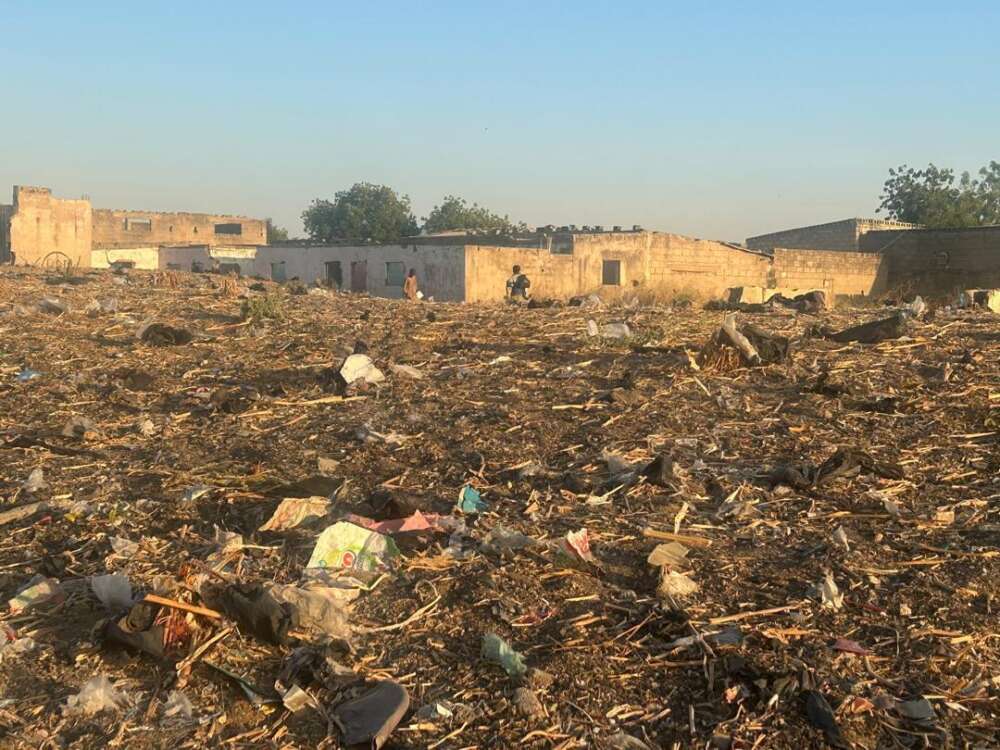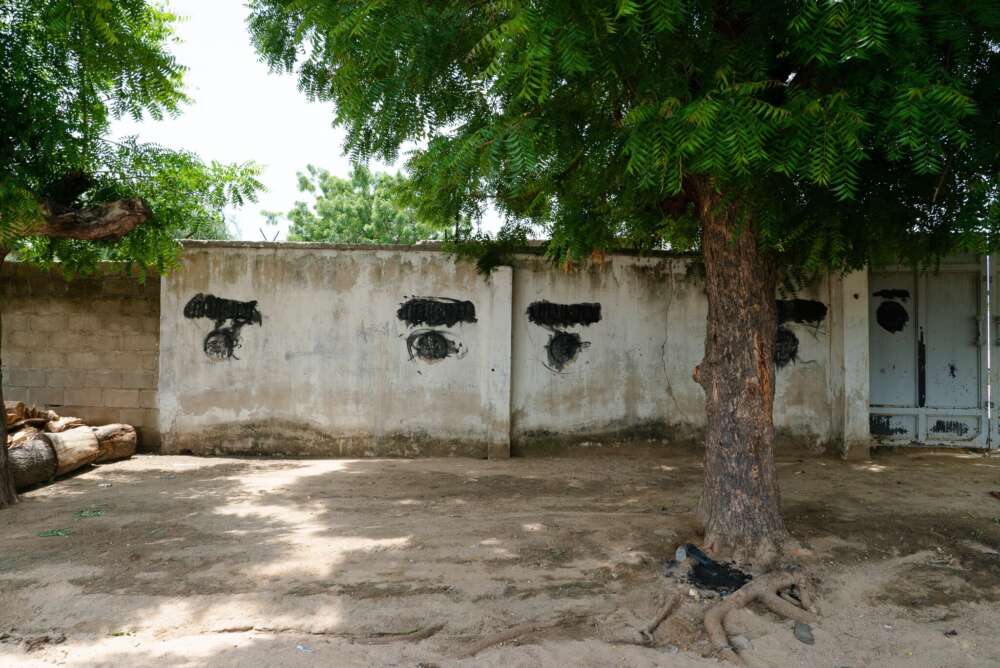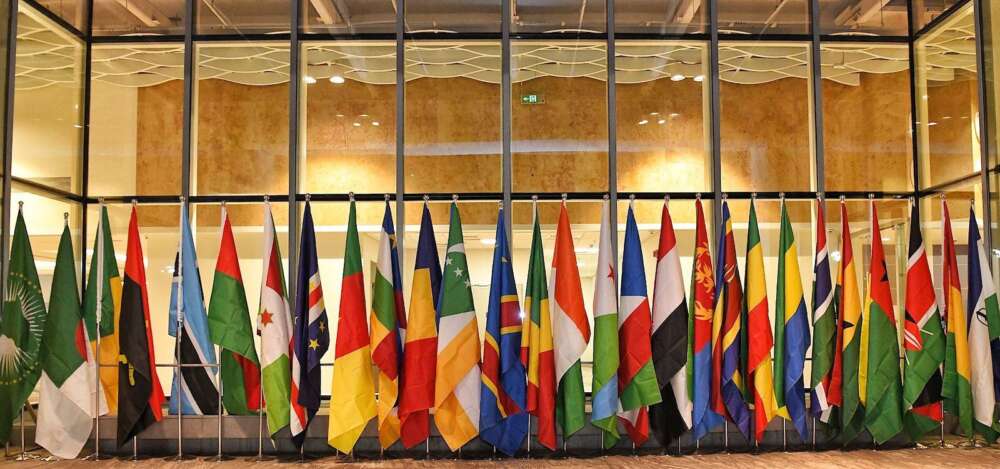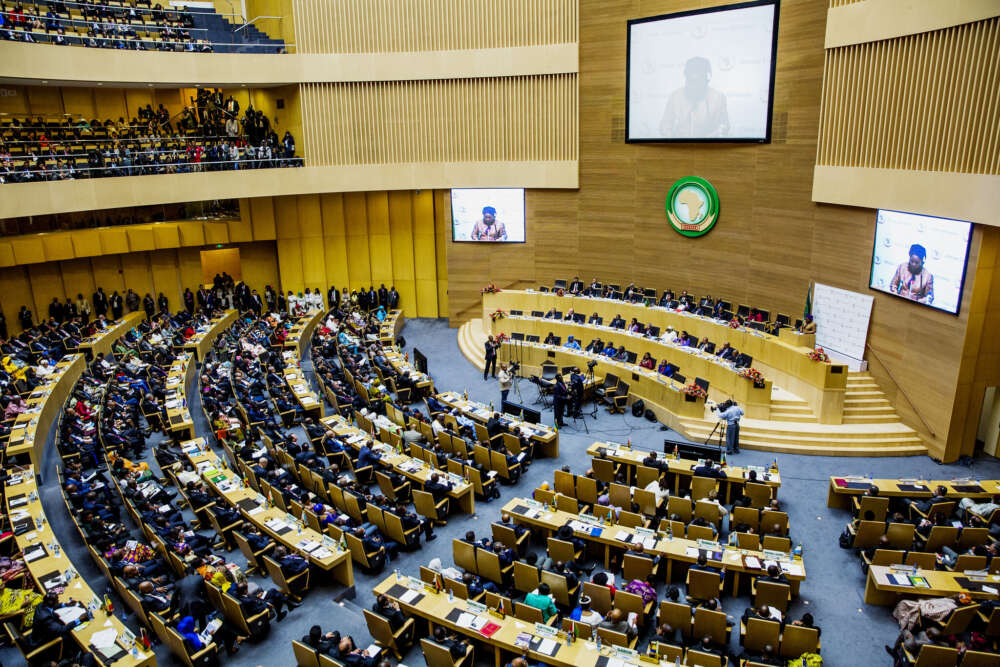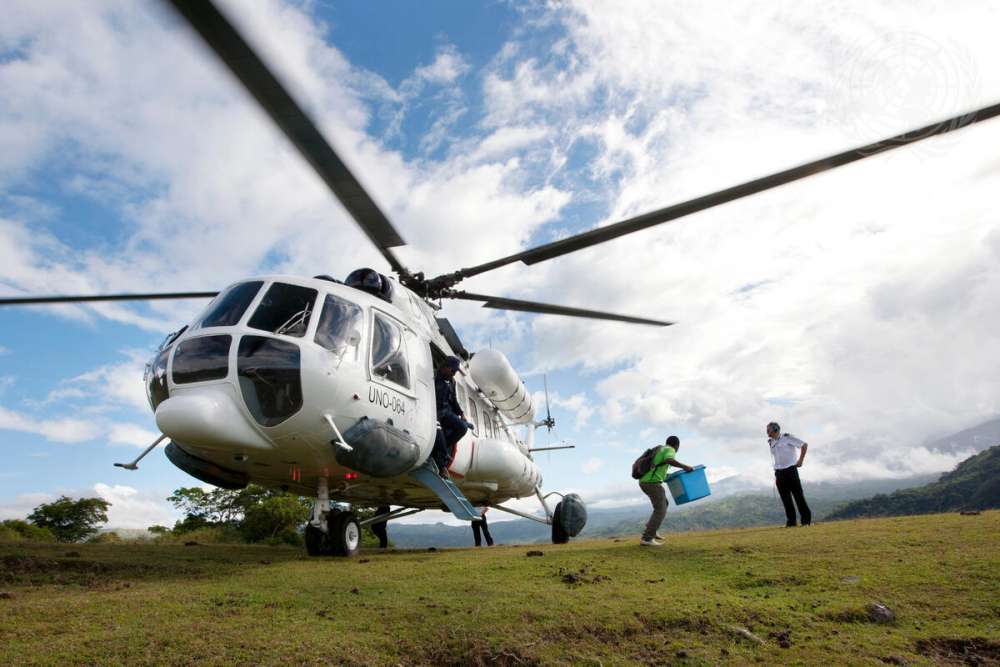Ask the Experts: ECOWAS at 50
Democratic Normsetter or Turn Towards Pragmatism?
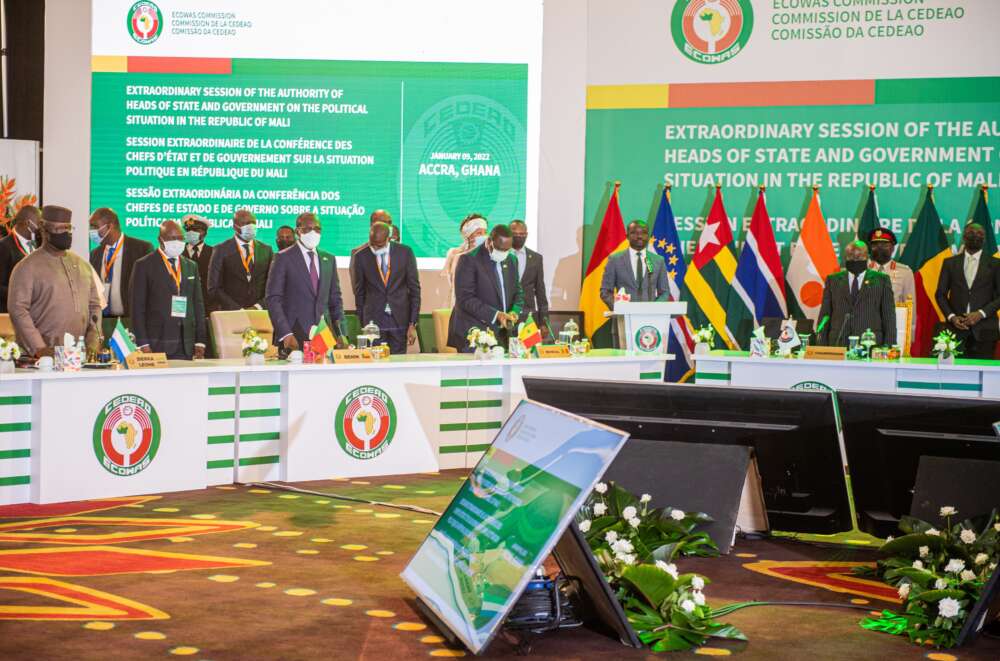
In this second installment of “Ask the Experts,” our joint Global Public Policy Institute (GPPi) and Institute for Security Studies (ISS) project team asked two experts for their views on the future of the Economic Community of West African States (ECOWAS), and reflections on the key internal and external challenges it is facing.
On May 28, 2025, ECOWAS commemorated its 50th anniversary. Anniversaries should be occasions to celebrate past achievements; however, this one came at a pivotal and uncertain time for the organization, as it grapples with mounting challenges and an increasingly fragile future. The departures of Mali, Burkina Faso and Niger from the organization have plunged it into an unprecedented crisis.
In the short term, ECOWAS will need to redefine and renegotiate its terms of engagement and relationships with these three former member states across various policy areas. However, for its long-term vision, effectiveness and political identity, the organization must go beyond managing the immediate fallout. It must address whether the withdrawal of member states and the creation of the Alliance of Sahel States (AES) represent the core problem or are rather a symptom of more profound, systemic challenges facing regional integration and governance.
In recent years, mass protests across West Africa, government backlashes against ECOWAS actions (e.g., in Guinea-Bissau) and increased insecurity beyond the Central Sahel demonstrate the urgency for decisive regional action. As ECOWAS’ acronym indicates, economic integration was once at the core of the organization’s mission. The mandate expanded significantly in the 1990s and 2000s to include military interventions for conflict and transition management and democracy protocols. However, today ECOWAS’ rhetoric and actions are struggling to keep pace with changing regional dynamics, putting the organization in a difficult position. Can it still credibly uphold democratic governance and norms? Or should it revert back to the more pragmatic and less comprehensive mandate of its earlier years?
Our two experts tackle these questions below:
Mady Ibrahim Kante, Director of the Sahel Academy for Peace & Security Studies, and an Associate Researcher at the Centre Interdisciplinaire de Recherche sur l’Afrique et le Moyen-Orient, Université Laval, suggests that ECOWAS should continue dialogue to preserve its economic interests in light of Mali, Burkina Faso and Niger’s departure. To remain relevant and effective, ECOWAS must embrace pragmatic frameworks that recognize the region’s new political reality.
Emmanuel Ami-Okhani, Monitoring, Evaluation and Learning Specialist at the West Africa Network for Peacebuilding (WANEP) Nigeria, stresses that ECOWAS must be reimagined from the ground up, centering youth engagement. He argues that ECOWAS’ current alienation from everyday citizens poses a critical challenge to its democratic potential.
ECOWAS-AES Relations: Toward a Practical and Inclusive Approach
Mady Ibrahim Kante
Over 50 years since its founding, ECOWAS is facing an unprecedented strategic dilemma. The withdrawal of Mali, Burkina Faso, and Niger — which have since formed the Alliance of Sahel States (AES) and later the Confederation of Sahel States — reflects the organization’s weakening model based on the normative defense of democracy. This demonstrated the limitations of ECOWAS’ purely doctrinal approach, which resulted in heightened tensions and the alienation of these states from ECOWAS, rather meaningfully influencing their political trajectories. A purely doctrinal approach has demonstrated its limitations, resulting in heightened tensions and the alienation of these states from ECOWAS, rather than meaningfully influencing their political trajectories.
In this context, it is important for ECOWAS to adopt a more practical and inclusive approach. Engaging in strategic dialogue with the AES would be more effective than sticking to a sanctions-driven policy, as it acknowledges the new political realities in the region. Preserving vital economic connections would prevent the fragmentation of West Africa’s integration efforts.
Concretely, ECOWAS could move to establish an ad hoc consultation framework with the AES, focused on shared priorities such as security cooperation, the free movement of people and goods, and the fight against terrorism. By maintaining open communication channels, this platform will gradually allow ECOWAS to influence political dynamics while avoiding the isolation of these countries.
ECOWAS can sustain its relevance as a driving force for regional integration and uphold its core principles over the long term by combining political realism and economic pragmatism. Embracing the role of a strategic mediator, not a sanctioning authority, is the key to the organization’s future.
ECOWAS of the People: A Transition We Need
Emmanuel Ami-Okhani
While I had always known the name “ECOWAS,” it was not until 2021 that I grasped its relevance during a “Get to Know ECOWAS programme” for young West Africans. As ECOWAS marks 50 years, I realize my earlier detachment is not unique. Many young West Africans see ECOWAS not as a people’s institution, but as a distant gathering of heads of state.
Our region faces grave challenges: constitutional and military coups, worsening insecurity, and socioeconomic despair. Among youth, frustration with democracy is growing, with rising openness to alternatives. Without urgent action, we risk losing a generation to anti-democratic ideologies gaining ground across the region.
This is why we must build an “ECOWAS of the People,” grounded in active youth engagement. ECOWAS should not retreat into economic pragmatism at the expense of democratic governance because, without inclusive governance systems, economic systems cannot thrive. Sustained development requires strong civic institutions, built with the participation of young people who make up the region’s majority.
ECOWAS should strengthen its youth policy by institutionalising a “Regional Youth Civic Engagement Platform,” in collaboration with relevant stakeholders and funded by reallocating a percentage of the ECOWAS Community Levy. This effort would provide civic education on democracy, governance and ECOWAS instruments, facilitate youth-led monitoring of member state compliance and serve as an advisory body to the ECOWAS Commission and Parliament. This could nurture a generation of youth driving local democracy.
Young people are not just stakeholders; they are the drivers of regional integration and should be on the frontline for implementing ECOWAS values locally. Ignoring this civic potential leaves a vacuum that authoritarian narratives will fill.
In Africa, we say, I am because we are. Let this philosophy guide the next 50 years of ECOWAS, rooted in its people, driven by solidarity, and led by its youth.
ECOWAS Reimagined
Our experts highlight the need for ECOWAS to look both outwardly and inwardly. Having now shrunk to a 12-member regional body, it must extend its hand towards the political leadership in Mali, Burkina Faso and Niger. Pragmatic consultations on key common issues, including security and mobility, will either prepare their potential return to ECOWAS or provide the foundations of future modes of cooperation. Moving beyond political elites, citizen and youth engagement are key issues for the organization’s future. The perception of ECOWAS’ as an exclusive club of heads of state causes dissatisfaction and frustration among everyday West Africans. An inclusive approach towards the political involvement of broad segments of society can build up regional integration and channel democratic participation from the bottom up. Acknowledging its current crisis, ECOWAS has prescribed itself a “Summit on the Future” for the second half of 2025. It is yet to be seen how these challenges will be discussed at that event, and how likely it is that the organization will change course.
These contributions were collated by Gelila Enbaye (GPPi), Melissa Li (GPPi) and Djiby Sow, a senior researcher based in Dakar (Senegal) who works at ISS’s Regional Office for West Africa and the Sahel.
Please note: The opinions expressed by the authors are their own and do not reflect the official positions of GPPi, ISS or any affiliated organizations.
